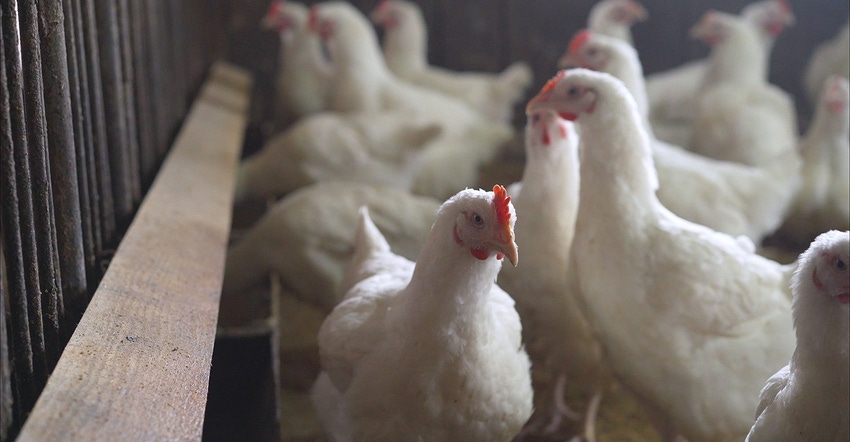March 2, 2022

The Iowa Department of Agriculture and Land Stewardship and the United States Department of Agriculture’s Animal and Plant Health Inspection Service have confirmed a positive case of highly pathogenic avian influenza in Pottawattamie County, in western Iowa. The virus was found in a non-commercial, backyard poultry flock.
“We recognize the threat HPAI and other foreign animal diseases pose to Iowa agriculture,” Mike Naig, Iowa Secretary of Agriculture said. “We have been working with USDA, livestock producers and other stakeholders to develop, test and strengthen our foreign animal disease preparedness and response plans since the 2015 HPAI outbreak. While a case like this is not unexpected, we are working with USDA and other partners to implement our plans and protect the health of poultry flocks in Iowa.”
According to the U.S. Centers for Disease Control and Prevention, the recent HPAI detections in birds do not present an immediate public health concern. No human cases of these avian influenza viruses have been detected in the United States. It remains safe to eat poultry products.
All bird owners, whether commercial producers or backyard flock owners, should practice good biosecurity, prevent contact between their birds and wild birds and report sick birds or unusual deaths to state and federal officials.
Currently, state officials suspect the migratory wild birds as the main carrier of HPAI. While this is a highly contagious, viral disease affecting all types of birds, wild birds often will not show signs of sickness. However, it is usually fatal to domestic bird populations, including chickens and turkeys. The virus can spread through droppings or nasal discharge of an infected bird, which can contaminate dust and soil.
HPAI has been found in both commercial and non-commercial flocks in 14 states since the beginning of 2022. If producers suspect signs of HPAI in their flocks, they should contact their veterinarian immediately.
About the Author(s)
You May Also Like






